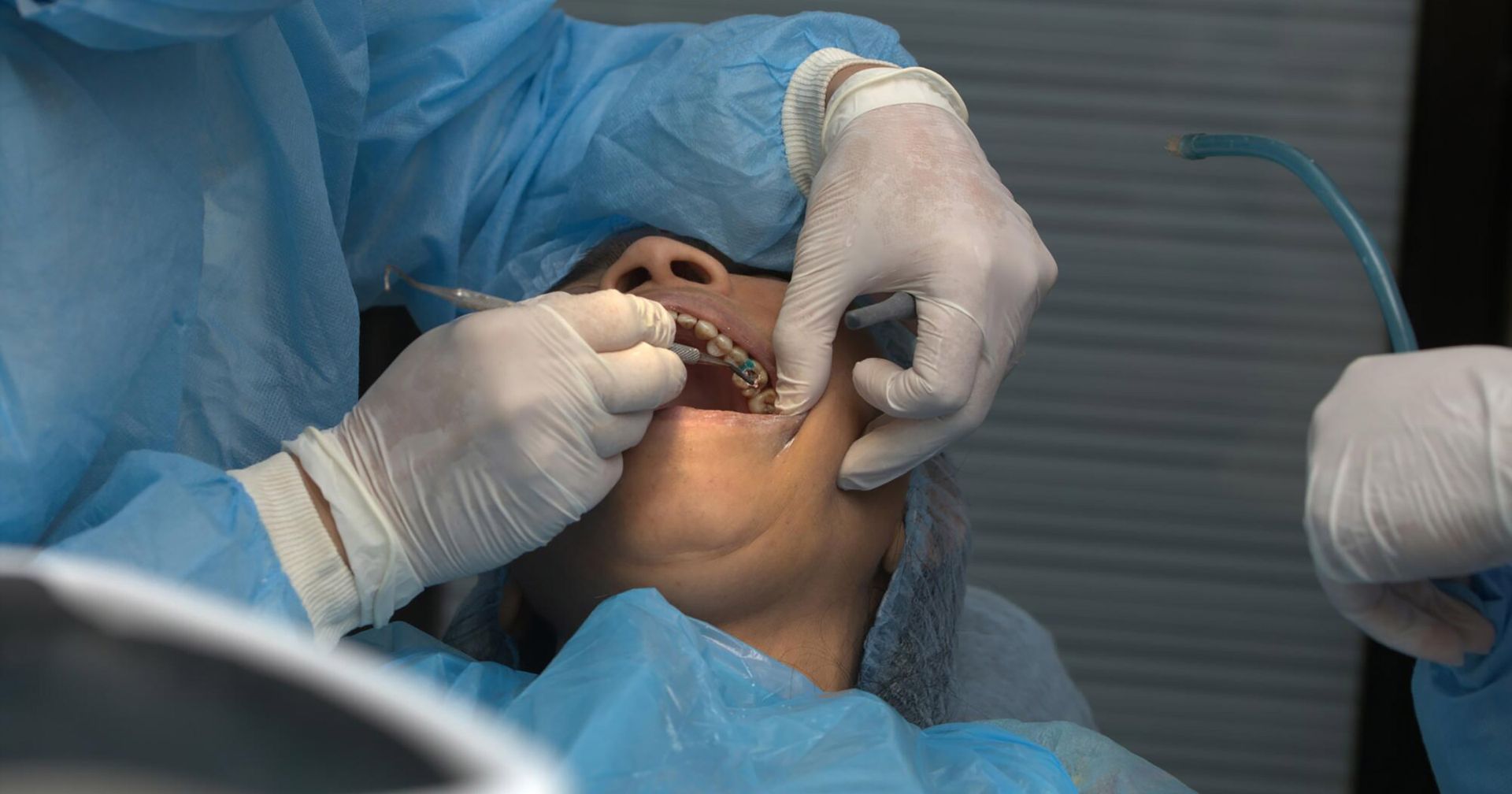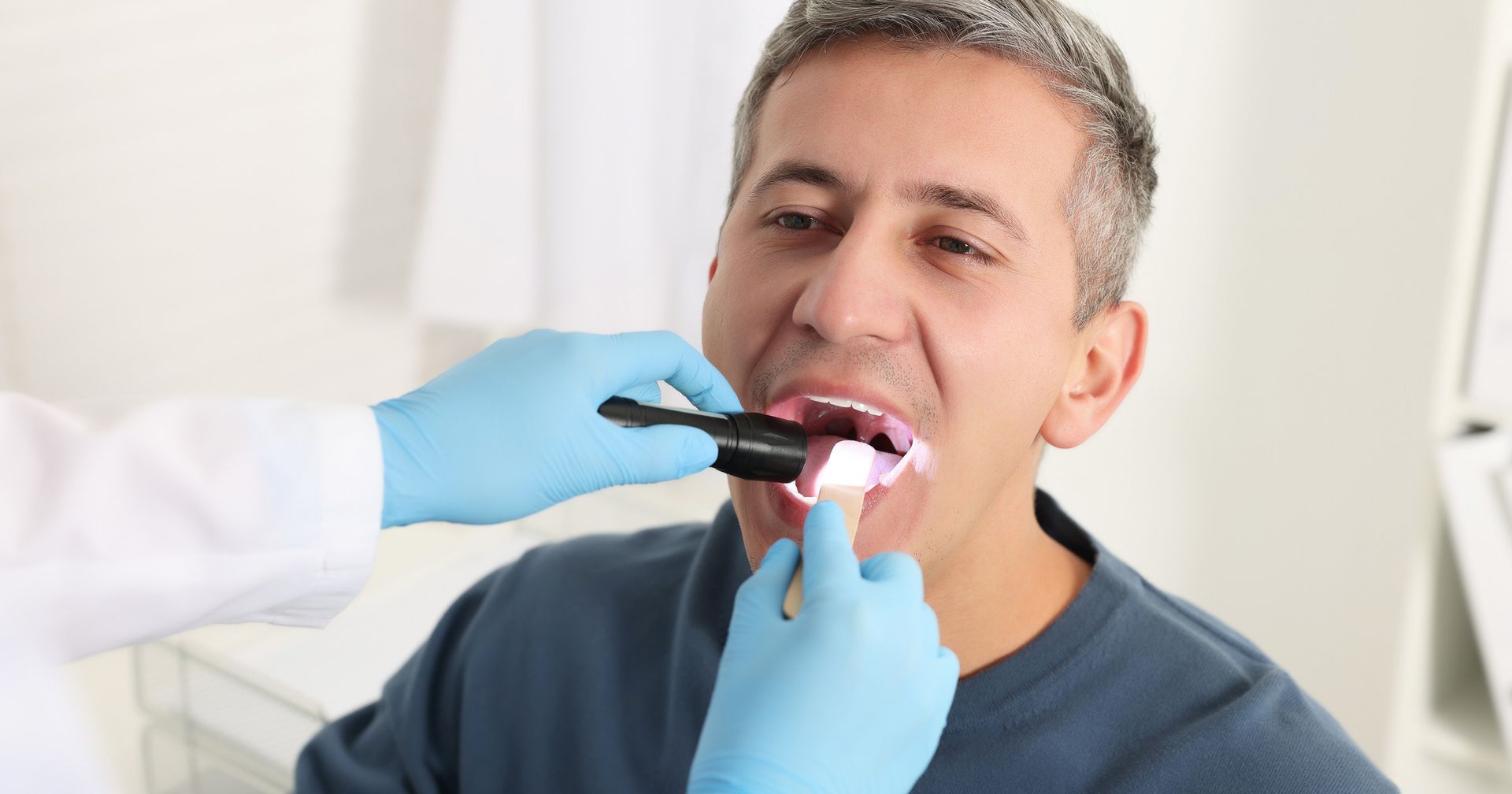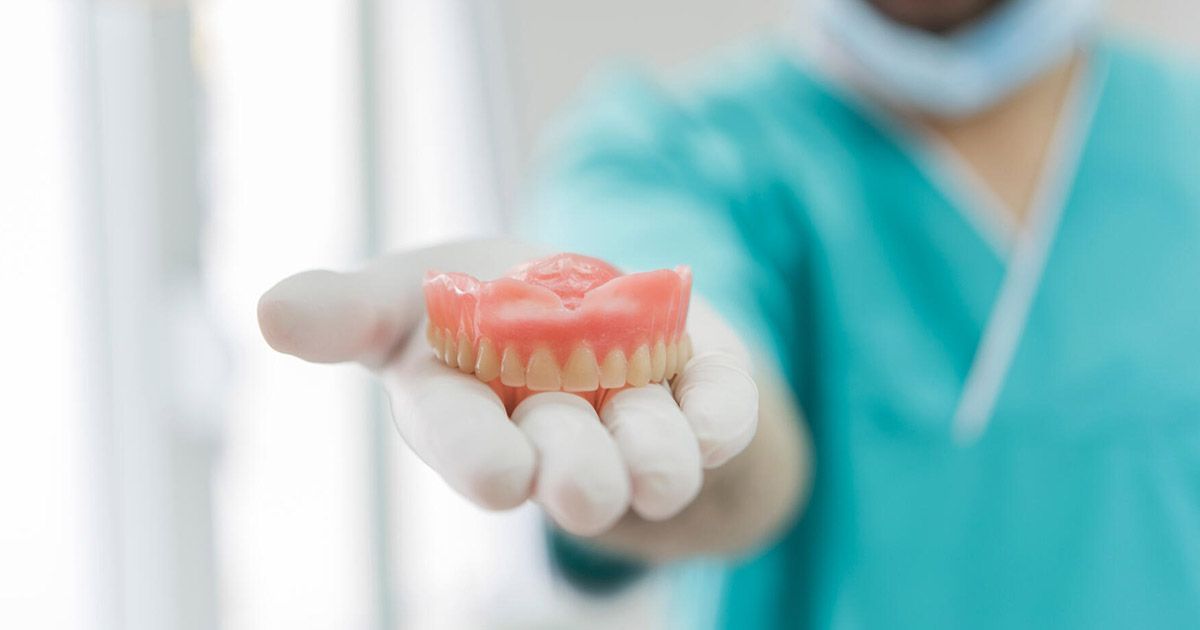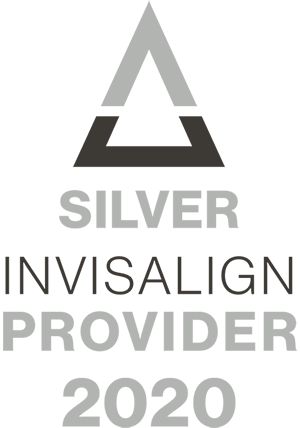Oral Health and Overall Health: The Connection You May Not Realize
Explore the link between oral health and overall health. Find out how a healthy mouth means a healthy body. Learn more!
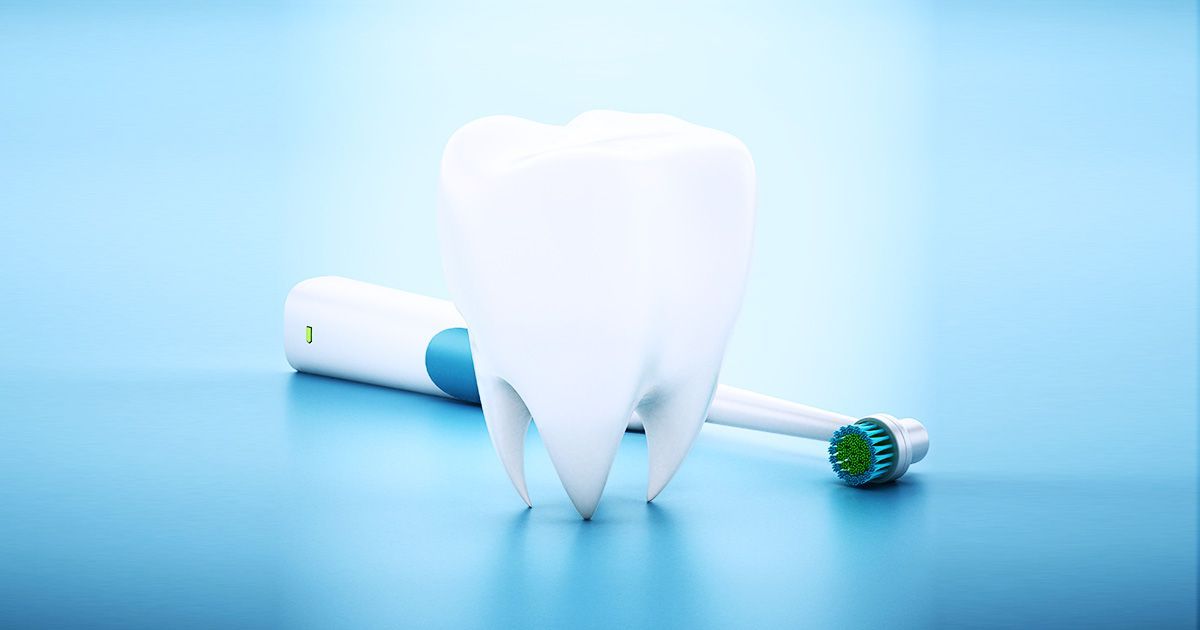
Did you know that over 90% of all common diseases have oral symptoms? There are six billion bacteria in your mouth, each capable of harming your overall health. Your oral bacteria could contribute to cardiovascular disease, endocarditis, and other serious conditions.
What exactly is the connection between oral health and overall health? What preventive dental care tips can you use to remain healthy? Read on to find out!
Dental Health Importance
Brushing twice a day and flossing daily can minimize plaque development in your mouth. Plaque is a tacky, clear film. It can release acid, causing cavities to form.
Failing to thoroughly brush and floss your teeth gives plaque the chance to harden into tartar. Your toothbrush isn't capable of removing tartar alone. Instead, you'll need to visit the dentist for a thorough cleaning.
Plaque and tartar can increase your risk of:
- Cavities
- Gingivitis (gum disease)
- Tooth loss
- Tooth infection (abscess)
Prioritizing your oral health will keep plaque at bay. Otherwise, your gums will become inflamed and cavities will form. Gum disease is associated with lung disease, stroke, heart disease, and diabetes.
Your mouth is an extension of the rest of your body. As the bacteria in your mouth spread and multiply, you could experience other problems. Here are a few ways your oral and overall health are connected.
Cardiovascular Disease
Poor oral health can cause problems for your blood vessels and heart. If you have poor oral health, your risk of these conditions could increase:
- Stroke
- Clogged arteries
- Coronary artery disease
There's a strong connection between periodontal disease and stroke. Periodontal disease can increase your risk of atherosclerosis. This occurs when plaque builds in your blood vessels. These blood vessels deliver blood and oxygen from your heart to other areas.
Coronary artery disease is the most common type of heart disease. It can increase your risk of heart failure, heart attacks, and other complications. It's the leading cause of death in the US.
Endocarditis
Heart-related health issues can increase your risk of endocarditis. This condition is an inflammation of the lining of your heart valves.
You can develop endocarditis due to a bacterial infection. Periodontal disease and tooth decay can cause an infection to develop.
Pregnancy Complications
For people who are pregnant, poor oral health is associated with problems like:
- Low birth weight
- Stillbirth
- Fetal growth restriction
- Preeclampsia
- Miscarriage
- Gestational diabetes
The bacteria in your mouth can travel through your bloodstream. They may harm the fetus if you're not prioritizing good oral hygiene.
Pneumonia
Having cavities could increase your risk of pneumonia. The bacteria in your mouth could aspirate into your upper airway. They can travel to the lungs, causing an infection.
Understanding Your Oral-Systemic Health
To improve your overall health, start improving your oral health. Begin by scheduling routine dental appointments. Preventative dental care can help you avoid cavities and gum disease.
Understand Risk Factors
During your next appointment, talk to your dentist about your risk of periodontal disease. Your risk may increase due to:
- High stress
- Excessive alcohol use
- Tobacco use
- A diet high in sugar
These lifestyle factors could increase the bacteria in your mouth. Your risk of periodontal disease or cavities will rise. These lifestyle choices may also increase your risk of systemic health disorders.
However, genetics could also play a role. Some people are more predisposed to oral health issues than others. Let your dentist know if periodontal disease or other systemic diseases run in the family.
Your body's response to bacteria is unique. Your unique genetic makeup could increase your risk of inflammation and resulting conditions.
While oral health conditions can cause overall health issues, the reverse is also true. For example, people with poorly controlled diabetes are at risk of periodontal disease.
Osteoporosis is also associated with periodontal disease. Low bone mineral density can cause alveolar bone loss. This is the area of the jawbone that has tooth sockets.
Other conditions to discuss with your dentist include:
- Fibromyalgia
- Prostate cancer
- Alzheimer's disease
- Rheumatoid arthritis
- HIV/AIDs
Talk to your dentist about any medications you're taking. Some medications may compromise your oral health further.
Oral Hygiene Tips
During your next dental appointment, talk to your dentist about improving your oral health. Their at-home oral hygiene tips can protect your overall health. Here are a few preventive dental care tips to consider.
Brush and Floss
Brush your teeth twice a day. Use a soft-bristled brush with fluoride toothpaste to protect your smile.
Avoid brushing too hard. This could aggravate your gums.
When brushing, use slow, circular movements. Make sure to get the entire surface of each tooth.
Floss daily to remove food particles from between your teeth. Otherwise, bacteria, saliva, and particles can cause plaque formation.
Schedule Appointments
See your dentist twice a year for routine check-ups and cleanings. They can assess your oral health and make customized recommendations.
Routine appointments will allow the dentist to recognize signs of cavities and gum disease. You can begin treatment before these problems worsen.
Your dentist may recommend you visit a periodontist. They can assess your gums and jaw to ensure they're healthy.
Adjust Your Diet
You are what you eat! A few minor changes to your diet can help reduce your risk of plaque development.
Try to avoid consuming excess sugar. After eating something sweet, drink water. This will wash away sugars before plaque can form.
Instead, eat dark leafy veggies, cheese for calcium, and protein. Choose nutritious whole foods to maintain good overall health.
Care For Your Oral Health and Overall Health
Don't let your health deteriorate. Instead, start prioritizing your oral health and overall health. One of the easiest ways to ensure oral-systemic health is to visit your dentist.
Discover our state-of-the-art dental office at Dental Arts of Bedford. We develop treatment plans that contribute to each patient's overall well-being.
We take the time to consider your comfort to ensure you receive high-quality dental care. We'll help you achieve a beautiful smile that will last you a lifetime.
Contact us now to schedule your next appointment.
